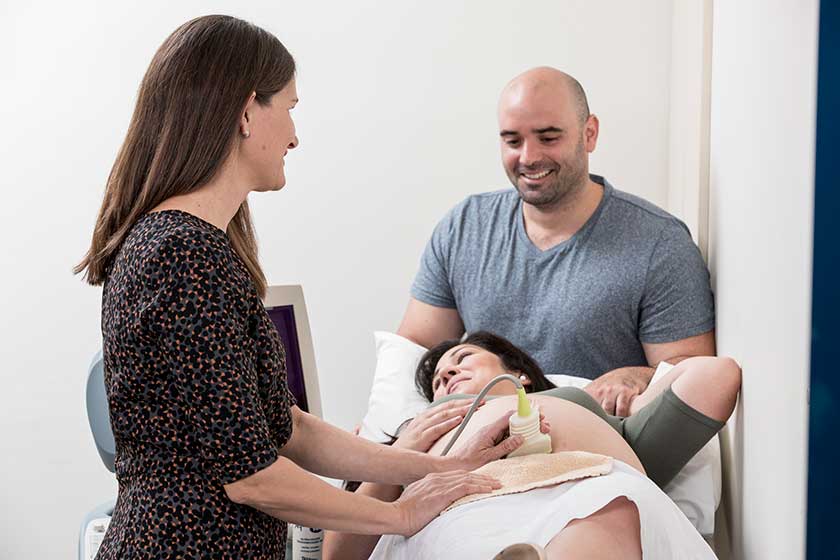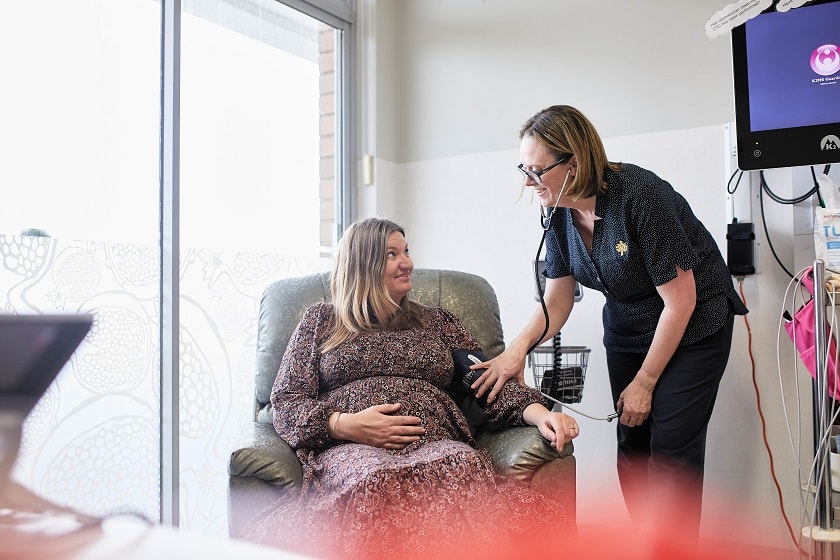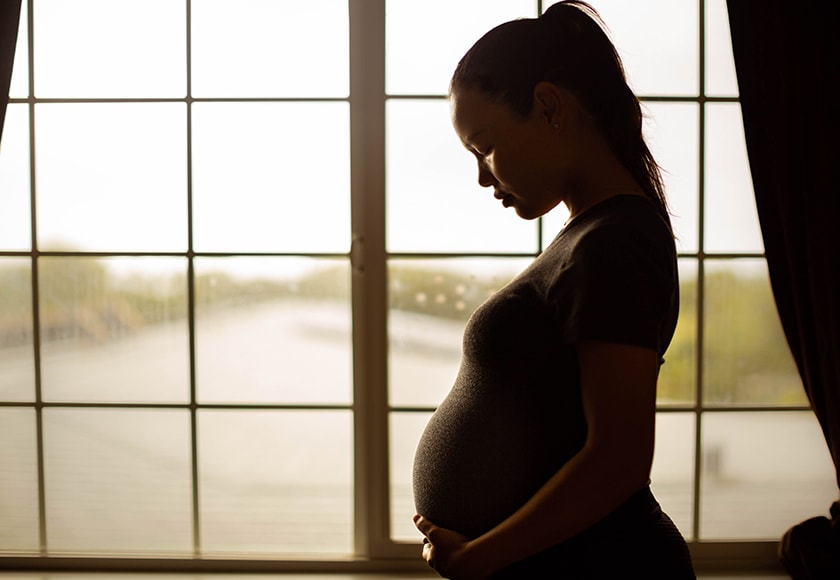Before taking any supplements always see your General Practitioner who may request testing to understand your overall health and recommend the correct dosage.
In most women vitamin levels can be managed through diet and lifestyle factors informed by the Australian Dietary Guidelines section on Pregnancy but some vitamins are recommended to ensure a healthy pregnancy.
Vitamins routinely recommended
- Folic Acid – you should start taking this one month before you fall pregnant right through to the end of the first trimester to reduce neural tube defects like spina bifida. The usual dose is 400mcg per day, but some women require a higher dose as determined by their doctor.
- Iodine – the Australian diet is deficient in iodine, and as this is an essential nutrient for infant and child brain development, all pregnant women are advised to supplement with Iodine. This should commence one month prior to pregnancy, and continue until the end of breastfeeding.
Other vitamins
- Vitamin D –we gain most of our Vitamin D from the sun, so people who do not get adequate sun exposure may be deficient. Pregnant women with a risk of Vitamin D deficiency should have their levels tested as supplements can correct this.
- Iron - preventing iron deficiency in pregnancy is important for baby’s development, but also for the woman’s health, as the resulting anaemia can leave her at risk if she experiences excessive bleeding at birth. Most women will gain adequate iron from their diet, but supplements are available. Your maternity care provider will check you for anaemia during pregnancy to help avoid this.
Less common requirements
Some women may have specific micronutrient needs due to avoiding certain foods (e.g. dairy or animal products), or due to absorption issues (e.g. celiac disease or pernicious anaemia). Your GP will be able to advise you whether you require additional testing or supplementation.
The good news is there are a number of pregnancy multi-vitamins that contain all the vitamins needed to support a healthy pregnancy in one tablet. Some women may also need an additional dose of a particular vitamin.












